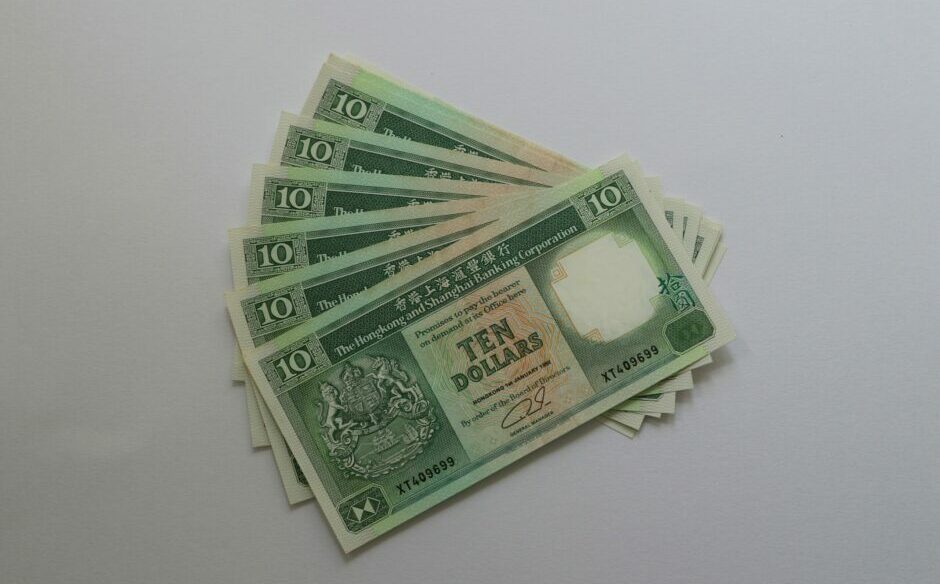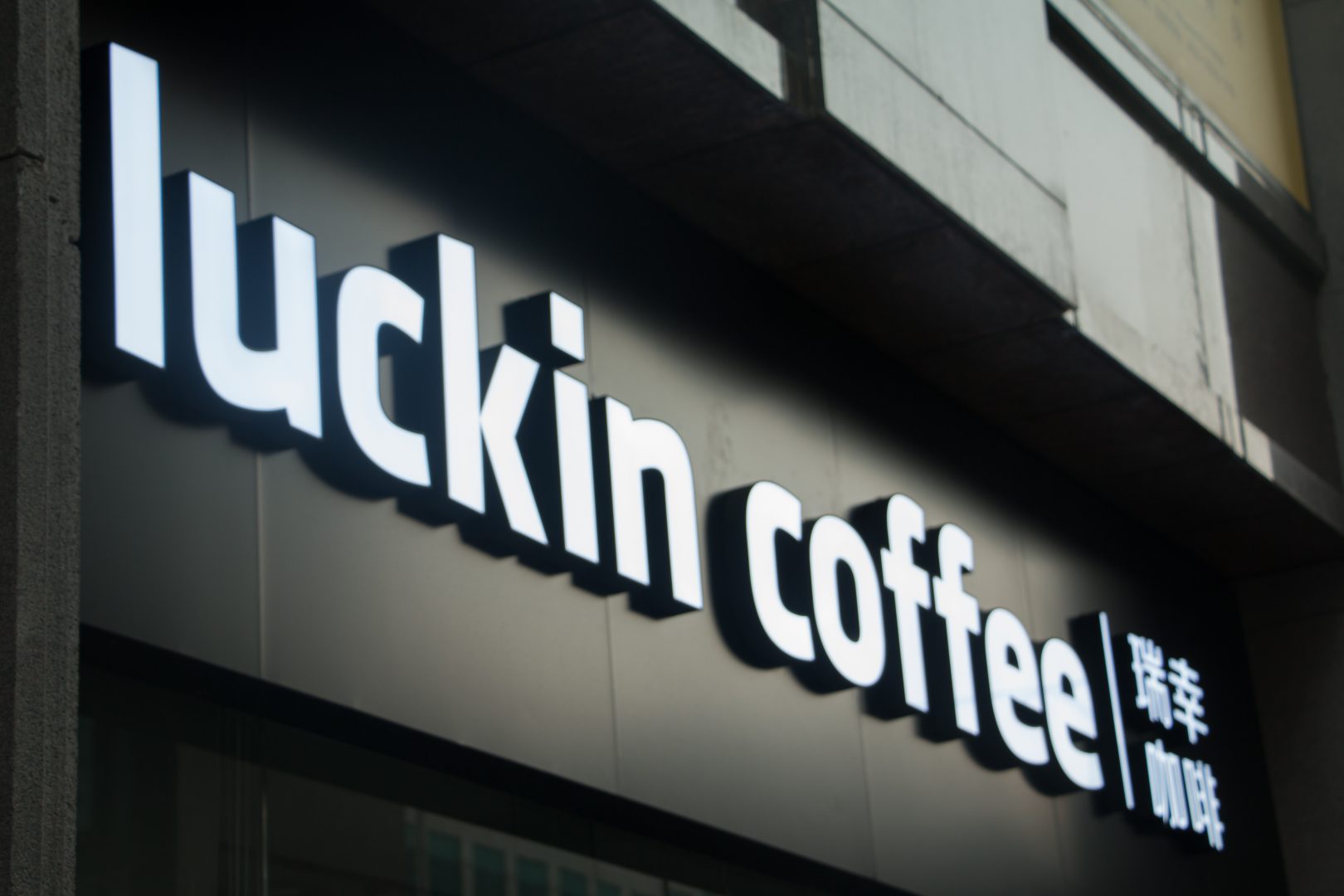Editor’s take: The week that was — Apr 19-24
By Michelle Teo
April 25, 2021
Our exclusive reporting in the past week was dominated by the unicorns amid a flurry of fundraising and deal activity.
In Indonesia, two of the biggest unicorns, Gojek and Tokopedia, have been in talks to merge, and details of their union are still emerging.
Our report this week says that Gojek is likely to hold a majority stake of up to 60% in GoTo. The combined entity, expected to be valued at some $40 billion, is expected to list on the Indonesian stock exchange first, amid talk of a second listing in the US.
At the same time, Tokopedia is likely to divest its stake in Indonesian digital wallet OVO to Grab. OVO, in which Grab also has a stake, is understood to be a major sticking point in the merger talks with Gojek, which has its own payments platform.
Having OVO in its fold would be a win for Grab, which had acquired a stake in the payments unicorn as efforts to obtain a payments licence in Indonesia failed.
Elsewhere, Indian payments startup Razorpay said it raised $160 million in Series E funding for its expansion into Southeast Asia. The round involves existing investors Singapore sovereign wealth fund GIC, and Sequoia India, and trebles Razorpay’s valuation to $3 billion in a space of six months.
In Hong Kong, fintech unicorn WeLab is said to be eyeing an initial public offering on the territory’s stock exchange that could value the startup at as much as $2 billion. WeLab, backed by tycoon Li Ka-shing, has seen the number of customers on its digital finance platform grow 20% from the year before. It was to have listed in 2018 but had scrapped plans to do so amid market volatility.
Fundraising in full force
US investment manager Blackstone Group has secured $3.1 billion for its second Asia-focused private equity fund. The first close of Blackstone Capital Partners Asia II has already exceeded the $2.4 billion raised for its predecessor, in 2018.
Blackstone is understood to be targeting $6 billion for the fund, whose LPs include US pension fund Washington State Investment Board.
The global funds targeting assets in Asia include KKR, which earlier announced the close of its fourth Asia fund at $15 billion, and Carlyle Group, which is raising a new Asia-focused fund.
Also raising is Qiming Venture Partners, which is in the market to raise $300 million for Qiming US Healthcare Fund III.
Singapore-based private equity firm Everstone is raising as much as $950 million for its fourth fund. Everstone Capital Partners IV is expected to back companies in India and Southeast Asia focused on healthcare, pharmaceuticals, and technology services.
Asia Alternatives, the private equity fund-of-funds, has raised $63.1 million for a sidecar vehicle to a China-focused growth fund, filings with the US Securities and Exchange Commission indicate.
Other DealStreetAsia exclusives
Cross-border payments firm Nium has raised about $21 million in fresh funding from Singapore state investor Temasek Holdings, regulatory filings show.
The transaction results in Temasek becoming the second-largest shareholder in the Singapore-based firm. The largest shareholder is Temasek-backed VC firm Vertex Ventures.
In Indonesia, edtech startup CoLearn raised $10 million in a Series A round co-led by Alpha Wave Incubation, a venture fund managed by Falcon Edge Capital, and US edtech investor GSV Ventures.
Healthtech platform Halodoc raised $80 million from a range of investors including PT Astra International, Temasek, and Bangkok Bank.
Insurtech startup Fuse is understood to be raising $30 million in new funds. Likely investors include the family office of Jack Ma, as well as existing backer EV Growth.
Separately, Ma’s private equity firm Yunfeng Capital led a $600 million financing round in Xingyun Group, a Chinese digital supply chain services to small and medium-sized merchants.
Meanwhile, there is a growing number of venture-backed startups in Indonesia seeing to digitalise the operations of the country’s myriad mom-and-pop shops. As we report this week, a few of them are set to secure further funding, as investor interest in startups driving digital transformation continues.
In a similar vein, in Vietnam, VCs are actively backing startups that are taking traditionally offline businesses across various sectors online.
Elsewhere in the country, private healthcare services providers who have made serious headway in modernising operations are also attracting major funding.
Marketplace dynamics
It has been just over a decade since the unicorns in Southeast Asia first emerged as startups looking to disrupt industry incumbents. And as they’ve scaled up and grown, their operations have begun to overlap – from ride-hailing to e-commerce and payments.
One sector where rivalry is heating up is in the used car marketplace. Earlier this month, classifieds platform Carousell announced it was officially entering the fray; the secondhand car business is already a major moneymaker for the startup, accounting for a third of its revenues last year. This analysis looks at Carousell stacks up against its peers Carro and Carsome.
To be sure, even as competition is intense, it would seem that the 650 million-strong market in Southeast Asia can accommodate more than one major player in each sector.
DealStreetAsia’s reporters continue to track these developments and more across Asia, so check in with us again for further exclusive dealmaking news.







